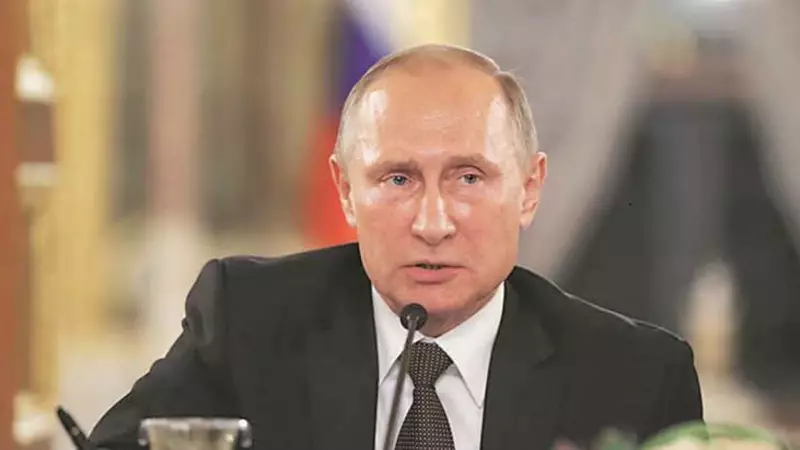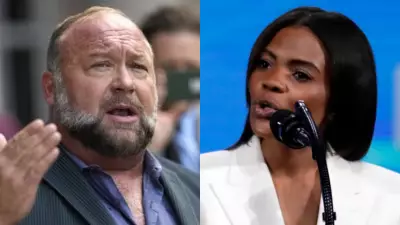
In a significant development that could potentially reshape the ongoing conflict in Eastern Europe, Russian President Vladimir Putin has expressed openness to a United States-proposed peace plan for Ukraine. This unexpected move comes after months of escalating tensions and could mark a turning point in the year-long conflict.
Putin's Surprising Endorsement of US Framework
During a carefully orchestrated press conference in Moscow, President Putin made his most conciliatory statements to date regarding the possibility of peace negotiations. The Russian leader specifically mentioned that certain elements of the American peace proposal could serve as a foundation for future discussions between the warring nations.
This announcement represents a notable shift in Moscow's previously rigid position. Until recently, Russian officials had consistently dismissed Western-mediated peace efforts, insisting that Ukraine must accept Moscow's territorial claims as a precondition for any meaningful dialogue. Putin's latest comments suggest a potential softening of this hardline stance.
International Reactions and Diplomatic Movements
The international community has responded with cautious optimism to Putin's statements. European leaders, while welcoming the potential breakthrough, have emphasized the need for concrete actions to follow the rhetoric. Several NATO members have called for immediate ceasefire verification measures to test Russia's sincerity.
Ukrainian officials have maintained a more skeptical stance, with President Volodymyr Zelenskyy's administration stressing that any peace agreement must respect Ukraine's territorial integrity and sovereignty. The Ukrainian foreign ministry released a statement emphasizing that any viable peace plan must include the complete withdrawal of Russian forces from occupied territories.
Meanwhile, diplomatic channels between Washington and Moscow have seen increased activity in recent weeks. US Secretary of State Antony Blinken confirmed that backchannel communications have been ongoing, though he cautioned that significant differences remain between the two sides' positions.
Potential Roadblocks and Future Prospects
Despite the positive signals from the Kremlin, several substantial obstacles stand in the way of a comprehensive peace agreement. The status of Crimea and the Donbas region continues to be the most contentious issue, with both sides holding fundamentally incompatible positions on these territories.
Military analysts note that the timing of Putin's announcement coincides with renewed Ukrainian counteroffensive operations in several sectors of the front line. Some experts suggest that Russia's newfound willingness to negotiate might be influenced by recent battlefield developments and the increasing effectiveness of Western military aid to Ukraine.
The coming weeks are expected to be crucial in determining whether this diplomatic opening leads to substantive peace talks or proves to be merely tactical positioning. International observers will be closely monitoring troop movements and diplomatic exchanges for signs of genuine progress toward resolving one of Europe's most devastating conflicts in decades.





